When your doctor has prescribed antibiotics, be sure that nothing you eat or drink will interfere with the efficacy of the medication. Some foods or liquids can hinder a medication from doing its intended job. Sometimes this occurs by a food blocking the absorption of the drug entirely, by slowing down the absorption, or by interfering with the breakdown of the drug into your system. Ask your doctor or pharmacist if any foods are contraindicated, including milk.
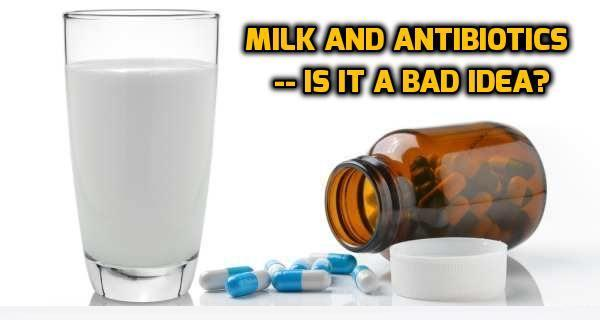
Can You Take Antibiotics and Milk Together?
The jury is still out on this question, so make sure that you ask your doctor about drinking milk while taking the antibiotics he has prescribed for your condition. Let’s check out some pros and cons on the subject.
Pros
It is believed that the idea of avoiding milk while taking antibiotics is a common misconception. The theory is that milk can impede the body’s absorption of the antibiotic. However, antibiotics can cause digestive issues in some people, such as constipation or diarrhea, or bloating. When this occurs, milk and other dairy products are desirable as they are protein-rich and easily digested.
On the other hand, if the antibiotics are making you nauseous, you should avoid milk, as it may aggravate the condition. There are people who ordinarily feel nauseated when drinking milk, so these people should certainly avoid combining antibiotics and milk. If your doctor advises you to stay away from milk and dairy products while taking your antibiotic, this could be the reason, or at least part of the reason. Educate yourself on antibiotics and learn about the various types, the possible side effects, precautions you should take, and the recommended dosage.
While on antibiotics, you should boost your protein intake to help your body fight off the infection and pump up your immunity. Milk and other dairy products are good sources of protein, so unless intake is contraindicated, you should continue the use of milk. Add milk to your hot drinks, or eat some curd, which acts like a probiotic, helping to counteract antibiotic side effects.
Cons
Certain study does not recommend milk consumption while on certain antibiotics known as tetracyclines. The milk calcium adheres to the antibiotic, preventing it from absorbing properly into the body. An antibiotic has to absorb into the digestive system where it then goes into the bloodstream. Next, the bloodstream takes the antibiotic to the infection site. When the antibiotic is hindered by calcium from absorbing into the digestive system, it can’t do its work.
Other classes of antibiotics may have different reactions to milk, so it is very important to read and follow the directions on the pill bottle. Follow instructions on whether or not to combine antibiotics and milk.
Foods to Avoid While on Antibiotics
Acidic Foods

The foods that are highly acidic shouldn’t be consumed while a person is taking antibiotics. Included in this grouping are citrus juices, citrus fruits, tomato products such as ketchup or tomato sauce, chocolate, and carbonated drinks. Grapefruit and its juice are the worst on the list. Grapefruit interferes with a number of medications, including antibiotics.
High-Fiber Foods
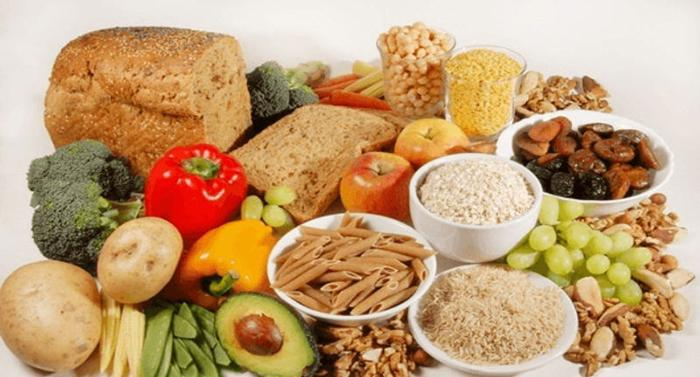
High-fiber foodssuch as whole grains, beans, lentils, and raspberries, slow down the speed at which a person’s stomach empties itself of digested foods. This is the optimum process unless you’re on antibiotics. Then it slows the antibiotic from absorbing into your bloodstream where it will do some good.
Heavy Food
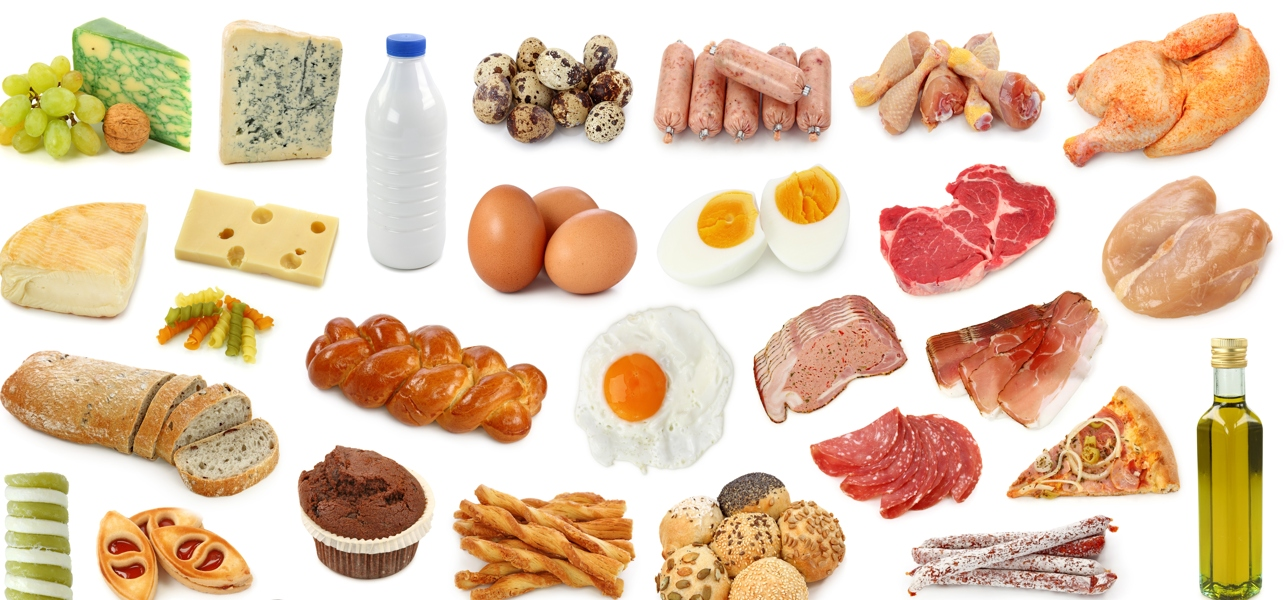
Besides antibiotics and milk, you also need to watch out for heavy food. All heavy foods, ones that are hard to digest should be excluded while taking antibiotics. These foods can sometimes be harmful and hinder the process of healing. Choose light foods, simply cooked, to facilitate the absorption of the antibiotics into your body. Although antibiotics fight infection, they do disrupt your body’s systems, especially the digestive system. Therefore, for optimal results heed your doctor’s instructions, take the medication as directed, and watch what you eat.
Alcohol

It is never safe to drink alcohol while taking most medications, including antibiotics, as it will cause a number of ill side effects. Nausea and drowsiness are just two of the adverse effects combining alcohol and antibiotics will produce. Mixing alcohol with certain antibiotics like metronidazole will cause rapid heart rate, vomiting, and other serious side effects.
Calcium and Iron Supplements

Along with calcium, iron also inhibits the absorption of antibiotics. If you take these supplements, space them out with the antibiotic by at least three hours.
Foods to Eat While on Antibiotics
Get Plenty of Probiotics
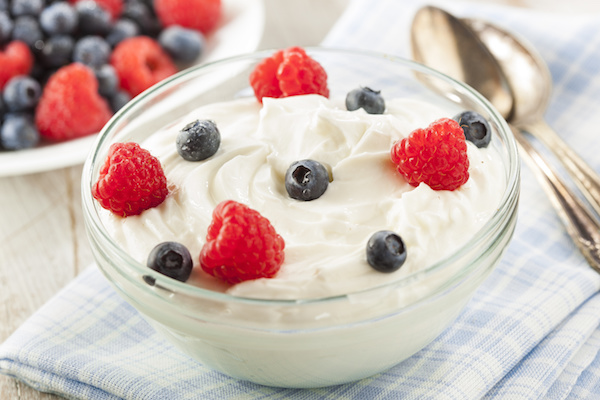
Diarrhea is one of the unpleasant side effects of many antibiotics. It recommends that taking probiotics, either in food form or supplement form, while on antibiotics and after you are finished with them. Probiotics restore the natural bacteria balance in the gut that has been disrupted by the antibiotics. In addition, the probiotics may actually enhance the efficacy of the antibiotic. Food sources of probiotics include kefir, kimchi, yogurt, and sauerkraut. Or you may purchase probiotics tablets.
Fill Up on Vitamin K
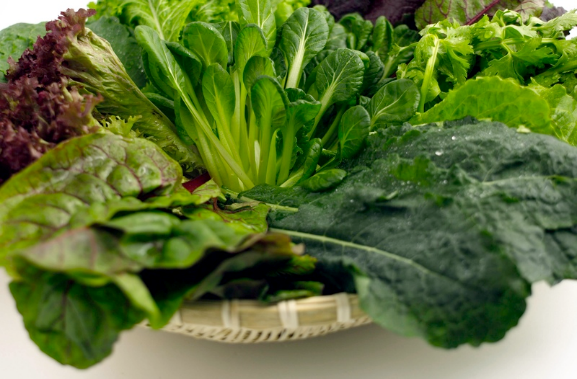
Sometimes while taking antibiotics for an extended time, the naturally occurring bacteria in the digestive tract may be destroyed. Vitamin K comes partially from the bacteria, so if it is not being made naturally, you may need to take a vitamin K supplement. Eating good sources of vitamin K, such as asparagus and leafy green vegetables while on antibiotics will also help.